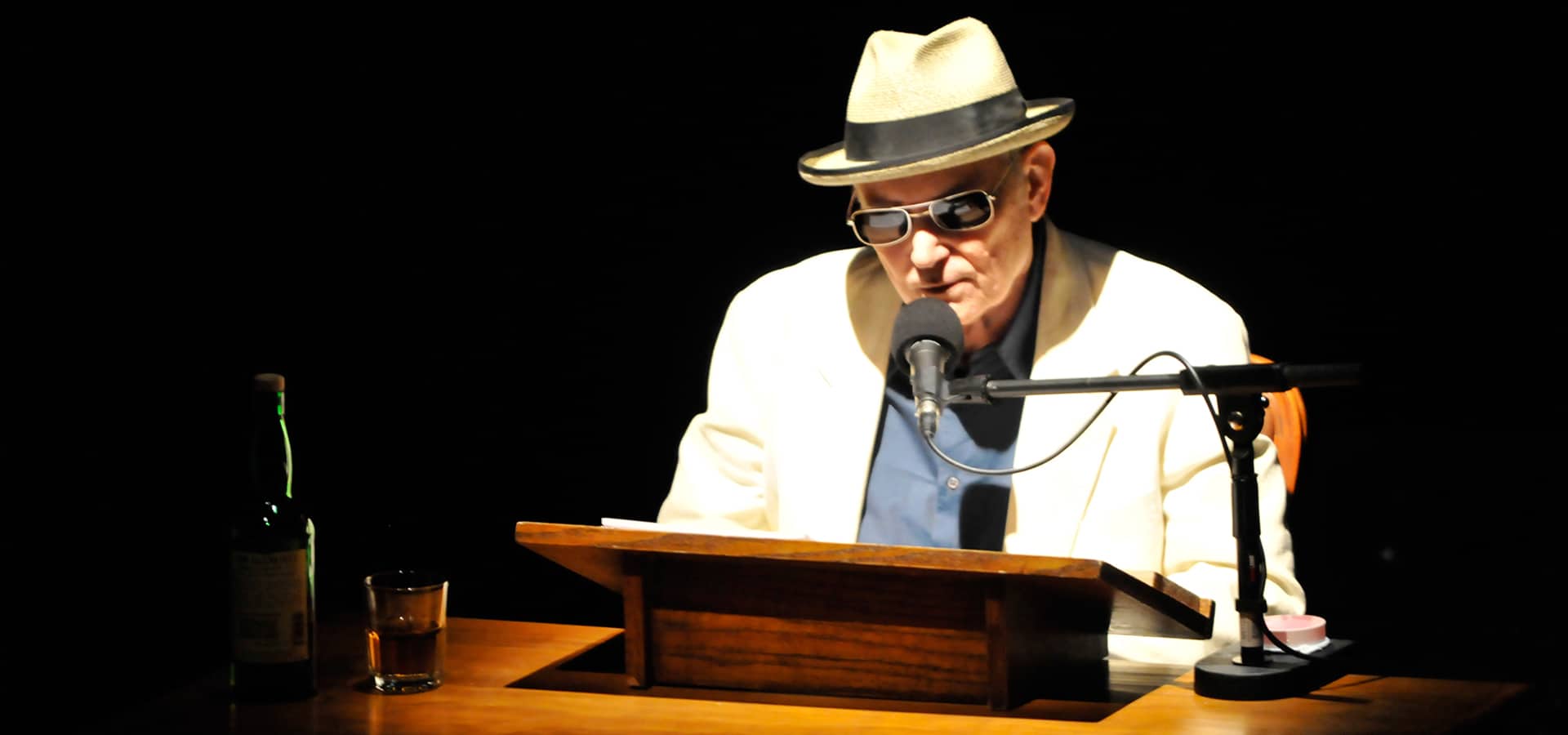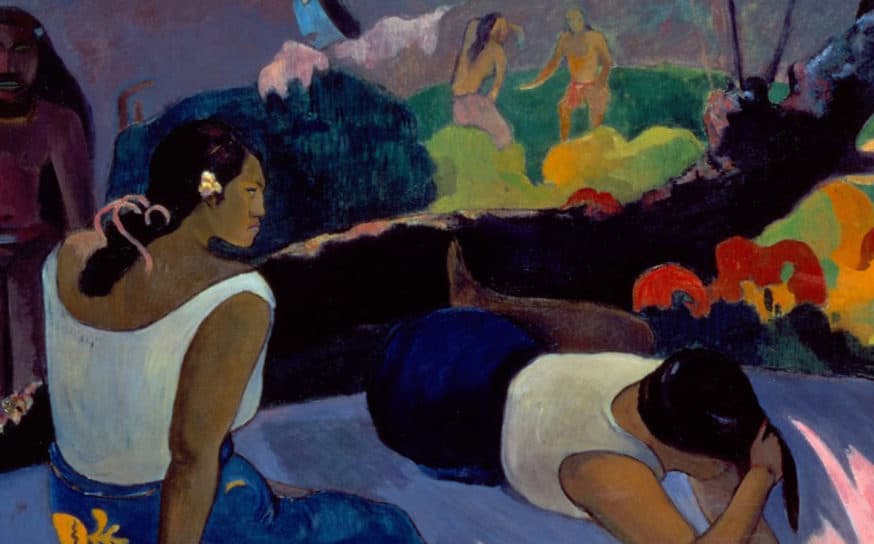
Remembering Storyteller Joe Frank, an Original “American Life”
A voice of “radio noir,” his decades-long career on public radio set the stage for talent like Terry Gross and Ira Glass.
-
CategoryArts + Culture, Music + Podcasts
On my regular evening commute, which in LA can feel like a mini road trip, I often listen to KCRW, the public radio station out of Santa Monica College that intermixes news with independent music, insightful interviews and culturally minded programs. This particular night, I heard a stranger on the other end of the dial. No, not a voice I wasn’t familiar with, but one I hadn’t heard in a long while, maybe 15-20 years ago.
It was Joe Frank, a one-time fixture on the station. Part narrative artist, part improv initiator, Joe’s direct and distinctive voice, mixed with conversations and monologues, took listeners on an erratic and thrilling journey … into intimate personal experiences and observations … often about himself. His rapid, melodic presentation, backed by a steady musical soundtrack, kept a curious momentum that made its inevitable conclusion a bittersweet mix of satisfaction and sadness. You just wanted more. And more of Joe I got this particular night … but not without a tinge of melancholy. Joe passed away a few weeks ago at the age of 79.
Although he parted ways with KCRW years ago, his impact on public radio, and popular storytelling programs like The American Life, only enriches his legacy. His style and format has been replicated by some of the best. But there’s only one Joe Frank.
“Frank is the ultimate acquired taste, and it doesn’t really matter if you acquire it; the right people do,” says Mark Oppenheimer in a story on Frank for Slate. “Since the 1970s, Frank’s radio broadcasts, mixing scripted drama, improv comedy, and conversation have always been right-place, right-time affairs; it helps to have a friend with bootlegs. His brew of fiction and nonfiction, cruelty and self-laceration, and taboo-smashing riffs on sex, religion, and scatology have been controversial since his New York debut 40 years ago. But as Frank races illness to produce a final work, he could take some comfort (although he doesn’t) in his important fans. For when you ask the innovators of our new, golden audio age—Ira Glass, Glynn
Washington of Snap Judgment, Jonathan Goldstein of Heavyweight, many more—how they found the courage to innovate, they speak of Joe Frank.”
You can read more about Joe’s life and career here.
You can also visit Joe’s personal site.
Wall-to-Wall Love and Creativity with Inspiring SoCal Muralist Ruben Rojas
Don’t miss the message.
San Francisco Welcomes More Than 60 Gauguin Works of Art This Season
The artist’s spirituality and relationships will take center stage.
How to Make a Tequila Sunrise
On this episode of Mixed Messages, we recommend you ditch the grenadine for a red wine floater.
Trust us.

















